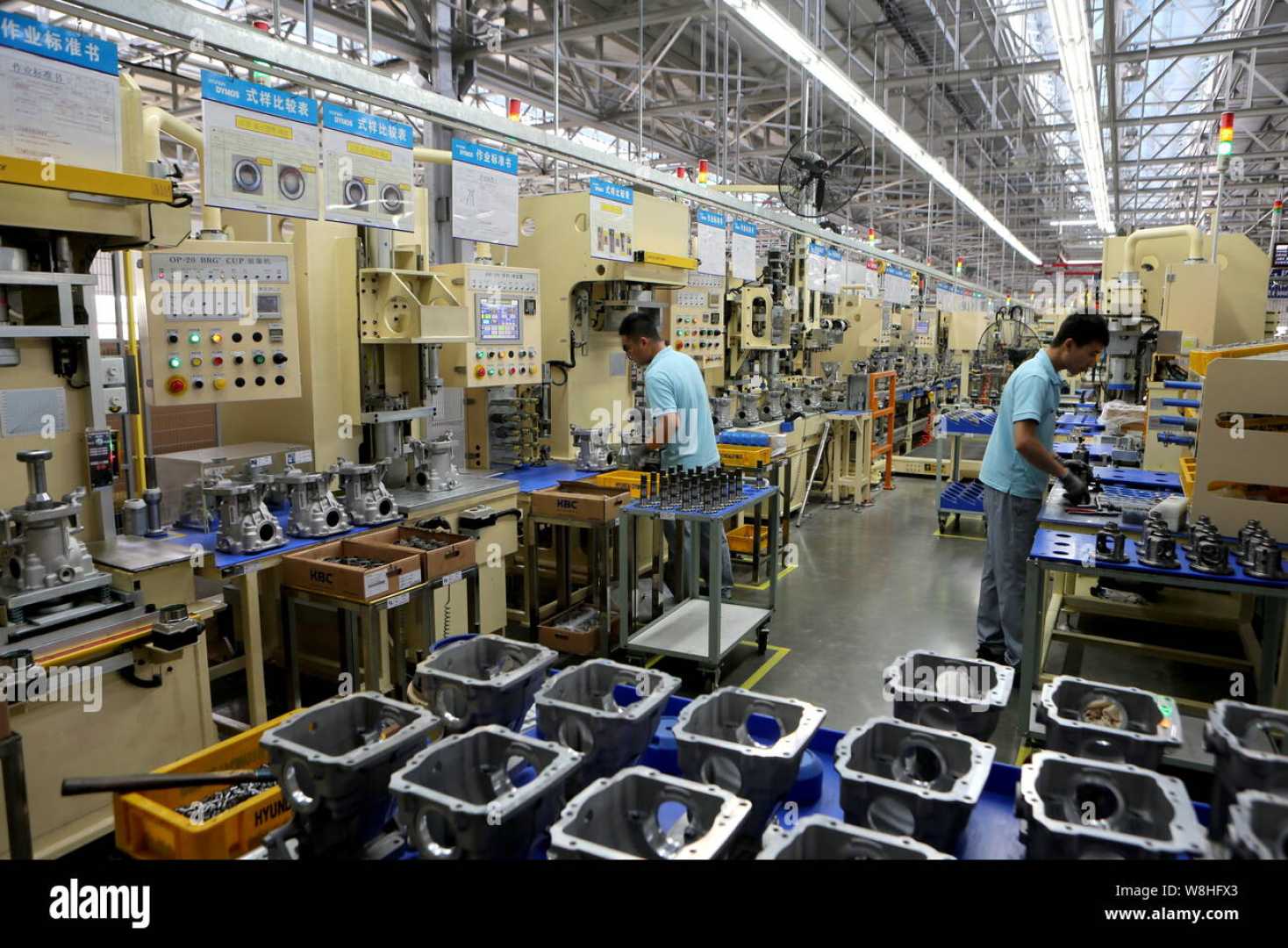Business
Trump Weighs Tariff Exemptions for U.S. Automakers Amid Industry Pressure

Qingdao, China – President Donald Trump is considering a potential exemption for U.S. automakers from certain tariffs imposed on imports from China, the White House confirmed Wednesday. This comes as the automotive industry faces rising pressures due to new tariffs set to take effect on May 3.
The proposed exemption would specifically target tariffs on auto parts imported from China, which are currently subject to a 20% tax as part of the administration’s efforts to combat fentanyl production, alongside a 25% tariff on steel and aluminum. However, the 25% tariffs on imported vehicles and auto parts remain in place.
Following the White House’s announcement, shares of major automakers and auto suppliers experienced a slight increase in after-hours trading. Trump indicated in a separate statement that the 25% tariffs on vehicles imported from Canada could potentially rise. “All we’re doing is we’re saying, ‘We don’t want your cars, in all due respect. We want, really, to make our own cars,’” he said.
Automakers and policy groups have actively lobbied for tariff relief, with six prominent organizations sending a letter to the Trump administration to request reconsideration of the impending auto parts tariffs. They warned that many suppliers are already financially troubled and unable to bear further increases in costs, which could disrupt overall production.
Mary Barra, CEO of General Motors, stressed the need for clarity and consistent regulations in a media briefing. “I need clarity, and then I need consistency,” she said. “To make those investments and be good stewards of our owner’s capital, I need to understand what the policy is.”
The automotive industry is lined up for a crucial trade policy showdown, with various groups citing the potential for significant disruptions in production if new tariffs are enforced. Experts suggest that failing to address these concerns could lead to broader challenges within the automotive sector.
As the situation develops, automakers remain optimistic about the exemption possibility, viewing it as critical for sustaining production and jobs in the industry.










